Chapter 5: Grooming and Recruiting: Cultivating Intellectual Leadership
Summary
This chapter discusses the different ways that the far-right has worked to attack higher education and has tried to co-opt reputable scholarship as well as create their own pseudo-social scientific versions to widen the Overton Window. Of particular focus are the ways in which the far-right have tried to reach out to college-age youth for recruitment. This includes far-right attempts to create its own pseudo-intellectual appearance to help mainstream its message.
Far-right attacks on higher education and expertise in general are discussed. This includes a discussion of the anti-Semitic conspiracy theory of cultural Marxism, that higher education is undermining Western values as part of a collective effort by global communists. While there are many splits and fragmentation in the far-right, there is essentially universal agreement in the American far-right that universities are the center of the culture war that they are attempting to wage.
The far-right has taken different avenues to try and either discredit scientific knowledge, or to co-opt it for their own ends, providing their own spin on social science, history, and re-emphasizing discredited race science. The far-right has also worked to create its own intellectual sources and image, to try and mainstream their beliefs and ideologies.
The chapter ends with a discussion of the difficulties that face higher education including how to address far-right speakers, distribution of far-right, white supremacist propaganda on campuses, and the dramatic increases in hate crimes. Different university approaches to dealing with these problems are covered.
Comprehension Questions
1. Why does the far-right attack bookstores, burn books, attack historical archives or libraries?
2. Why are college campuses key places for the far right for both strategic and symbolic reasons?
3. What are the marketing and recruitment efforts that have been undertaken by the far-right in higher education?
4. What does the far-right mean by “cultural Marxism”?
5. How does the far-right use/incorporate mainstream academic scholarship and historical narratives to their own ends?
6. What does metapolitics mean to the far-right?
7. What are some of the ways that higher education has attempted to address the far-right and far-right attacks/influence?
Discussion Questions
1. What information is new to you?
2. Far-right speakers/leaders take advantage of U.S. laws protecting free speech, freedom of expression, but there are significant concerns about attempting to regulate hate speech. Discuss the costs and benefits of trying to regulate hate speech/hate expression.
3. Discuss the difficulties and challenges colleges and universities face in dealing with controversial speakers and how communities can try and limit their recruitment capabilities while still protecting free speech.
4. Discuss potential avenues to address the far-right’s efforts to appropriate social scientific and historical knowledge and the creation of their own versions of this knowledge to inject their views into mainstream discussions and politics and how best to try and push back on this recruitment tool.
5. Discuss the different avenues that higher education has taken to try and address far-right attacks and influence, including what you think is likely effective, and which of these options might work in other environments besides higher education.

